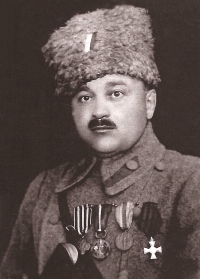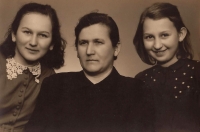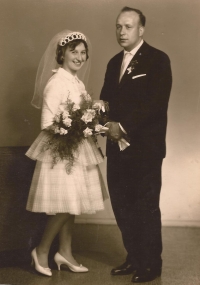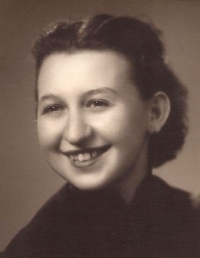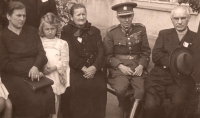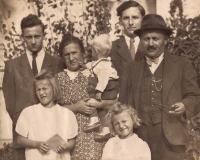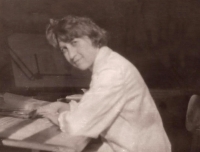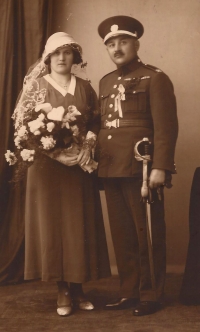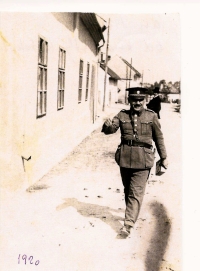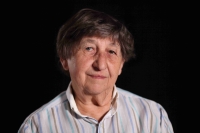My father was arrested in February and executed in November.
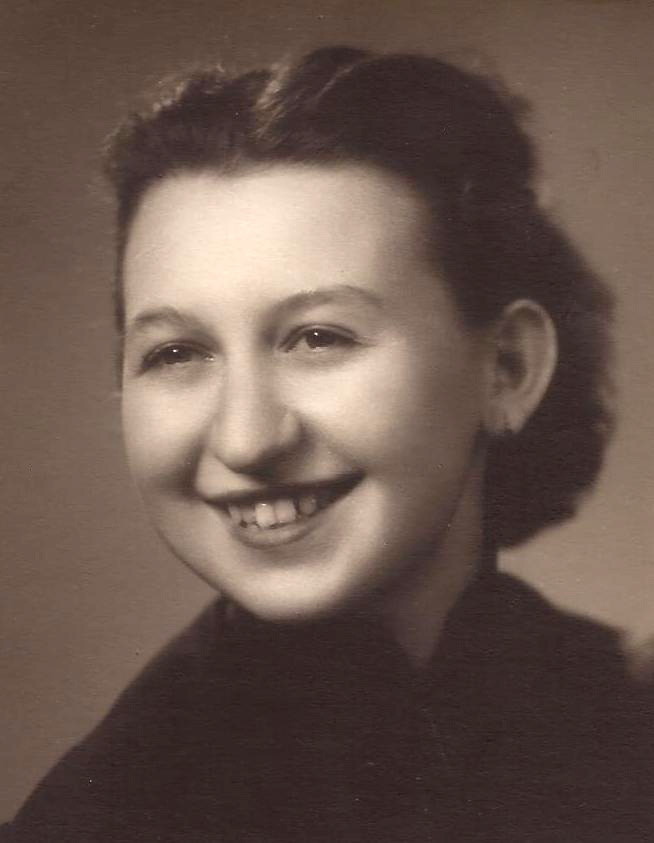
Download image
Marie Škrlová was born on 30 September 1937 and has lived in Dubu nad Moravou all her life. Although she was still a small child during the war, it changed her life fundamentally - in 1944 her father Tomáš Kelnar was executed. He served in the legions during the First World War, worked as a gendarme between the wars and was arrested in 1944 and executed in Breslau (Wroclaw) in November of that year. Marie then remembers more about the bombing at the end of the war, the departure of the Germans and the arrival of the Soviet army. In the 1950s, she graduated from the building industry in Prostějov and from 1956 worked at Stavoprojekt Olomouc.

